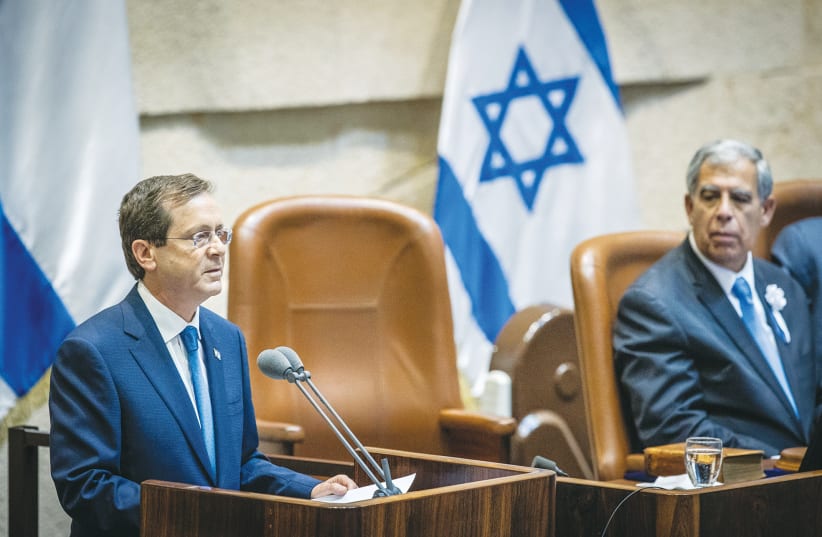His timing couldn’t have been better. Few things make us stop and take stock like loss and mourning. Tisha Be’av is that time when we collectively mourn the destruction wrought by division. It is a time also when we reflect on repairing the breaches and restoring harmony.
But how do we make it all real?
We are a headstrong people marked by an independent spirit and strong opinions. We all have such different worldviews and are not shy to express them. Does unity have real meaning in such a context? Is unity conformity? How can we talk about coming together when there are legitimate, deep-seated differences of opinions that draw us apart?
For me, the answer lies, as it so often does, in the pages of Pirkei Avot: “Any community dedicated to heaven will endure forever.” (4:14) The secret to nurturing a thriving community is encapsulated in these two simple Hebrew words: l’shem shamayim – “for the sake of heaven.”
One of the commentators, the Tosfot Yom Tov, explains this to mean that a community cannot be driven by narrow, personal agendas or by ego and arrogance. Communities thrive when they work together for the common good and are not pulled apart by competing self-interests.
The Vilna Gaon takes it further. He explains that society “for the sake of heaven” is one in which people treat one another with dignity and respect. This is the only way societies, communities, families – or any human social network – can hold. We may disagree with one another, but those differences of opinion should never lead us to disrespect each other. Disrespect unravels the social fabric that knits any successful society together.
Kavod habriyot – innate human dignity – is a foundational principle of the Torah. And it binds us. Above all, we must maintain mutual respect, when we address others, and especially when we disagree with them. We can express our opinions with force and conviction, but we must never resort to vitriol or personal insult, for that is poison. Only through cultivating a culture and vocabulary of respect and dignity can we, in President Herzog’s words, “lower the flame and calm things down.”
Treating every person with respect is about seeing the Divine greatness within them, as Pirkei Avot teaches, “Beloved is the human being created in the image of God.” (3:18) It is about appreciating that each of us is precious to our Creator, has unique value and a unique contribution to make. “Disparage no one... for there is no person that does not have their moment.” (4:3)
Treating others with respect and dignity transforms our society, and it transforms us. It is the path to our own self-respect, dignity and personal growth. As Pirkei Avot teaches in another mishna, “Who is honored? A person who gives honor to others.” (4:1) If we treat others in a disrespectful, undignified way, we undermine our own dignity.
This sacred duty of affording one another the deepest respect is even more urgent when it comes to holding together Am Yisrael, the Jewish people. And that, indeed, is what Tisha Be’av is about. It is a time to reflect on how our nation fragmented all those years ago, causing the destruction of the Temple and the beginning of a long and bitter exile that continues to this day.
Our sages remind us that for any generation in which the Temple is not rebuilt, it is as if it had been destroyed in that generation. And so, as we approach Tisha Be’av, what we need more than ever is to return to respectful discourse, and to treating one another with respect and dignity – in Israel and across the Diaspora.
The writer is chief rabbi of South Africa. He has a PhD in human rights and constitutional law.
